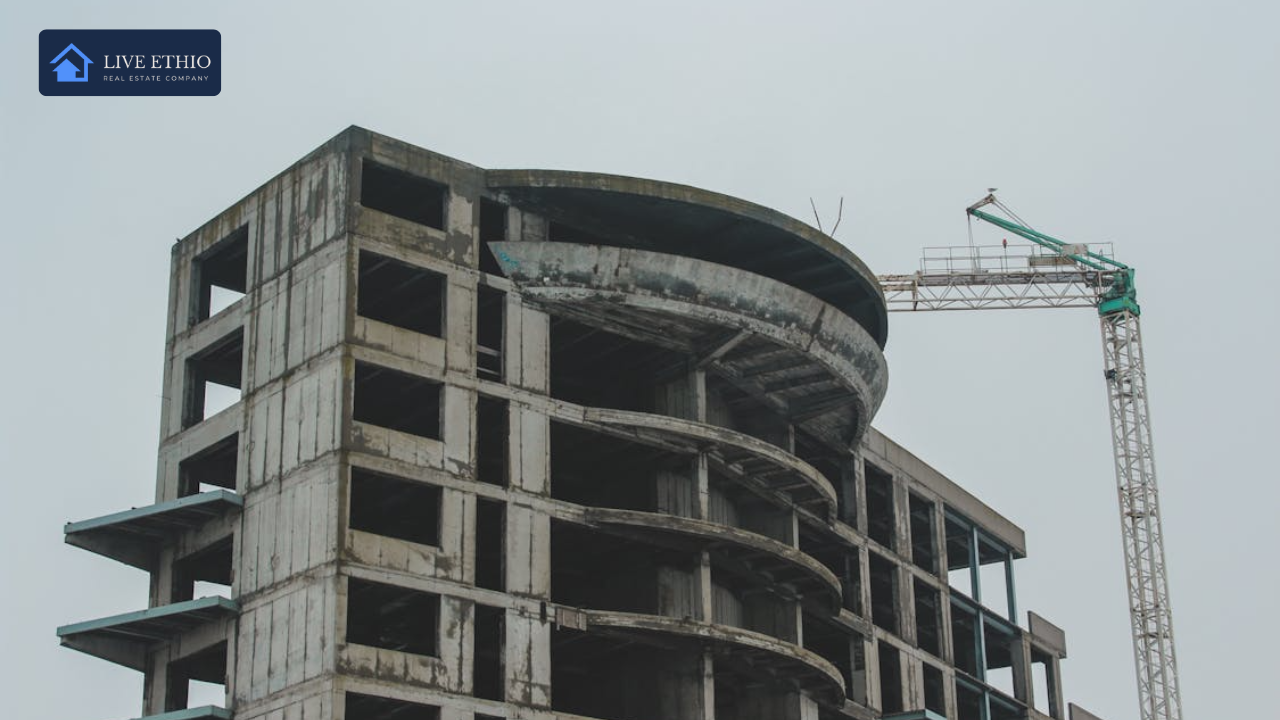I paid over 2 million birr for an off-plan apartment in Addis. The developer promised delivery in 18 months. It’s been three years—there’s still no building, no refund, and no one to hold accountable. This is the reality for many Ethiopians and diaspora investors who fall victim to real estate scams. As the market in Addis Ababa and other cities expands rapidly, it attracts not only genuine developers but also unlicensed brokers, phantom projects, and deceptive deals.
If you're hesitant to invest in real estate because of fear of getting scammed you’re not alone. But don’t let fear keep you from owning property. With the right knowledge and precautions, you can safely rent or buy in Ethiopia.
Here’s a complete guide to help you protect yourself from real estate fraud.
1. Verify Property Ownership
Before signing anything, verify that the seller is the rightful owner. This means:
✅ Request the title deed, land lease agreement, and seller's ID
✅ Visit the Addis Ababa Land Management Bureau (or relevant local office) to cross-check authenticity
Confirm that:
- The seller’s name on the ID matches the title
- The land is not under lease, mortgage, litigation, or government claim
- There are no undisclosed co-owners
2. Be Cautious with Pre-Construction Projects
Many scams happen with unfinished buildings and off-plan projects.
To stay safe:
- Research the developer’s track record
- Visit past completed projects
- Request:
- Construction permits
- Progress reports
- Architectural plans
- Stage completion certificates
Legitimate developers will provide this information without hesitation.
3. Avoid Cash-Only Deals
Scammers often insist on cash-only transactions to avoid accountability.
Instead:
- Pay through banks
- Always ask for official receipts
- Consider a phased payment plan tied to construction progress
- Work with developers who offer escrow or custodial payment arrangements with reputable banks
4. Read and Understand the Entire Contract
Don’t skim the contract or rely on verbal promises they are not legally enforceable in Ethiopia.
Your contract should include:
- Full legal names of buyer and seller
- Verified property description (size, location, plot number)
- Clear price and payment terms
- Transfer of rights and responsibilities
- A penalty clause in case either party defaults
Pro tip: If anything is unclear, consult a lawyer.
5. Inspect the Property in Person
Photos and videos can be faked. Always visit the property yourself, or send someone you trust deeply.
Check that the property:
- Exists physically
- Is not already occupied or claimed
- Matches the location and boundaries stated in the documents
Avoid phantom projects these are often advertised with attractive prices and renderings, but have no legal approval or construction.
6. Work with Licensed Professionals Only
In Ethiopia’s informal property market, unlicensed brokers and developers are common and risky.
Why You Should Work with Licensed Agents or Legal Advisors Like Ours
✅ Legal accountability under Ethiopian law
✅ Professional ethics and training
✅ Transparency in transactions
✅ You can lodge complaints in case of disputes
7. Document Everything
Keep written records of every interaction and transaction. Store:
- ID cards of the seller and broker
- Copies of contracts, receipts, and permits
- Screenshots or printed versions of online listings
- Any communications or emails related to the deal
This protects you legally and gives you proof if anything goes wrong.
Tips for Safe Real Estate Transactions
- Get everything in writing
- Don’t sign under pressure
- Involve a trusted lawyer or family member
- Use banks for payments, not informal methods
- Research before making any financial commitment
Looking for property options? If you're searching for a place to stay, there are apartments for rent as well as condominiums for rent, offering modern living spaces. For those looking to invest or own, you can find apartments for sale along with condominiums for sale. For family homes, explore houses for rent, or consider houses for sale. Investors can also find land for sale for future development.
